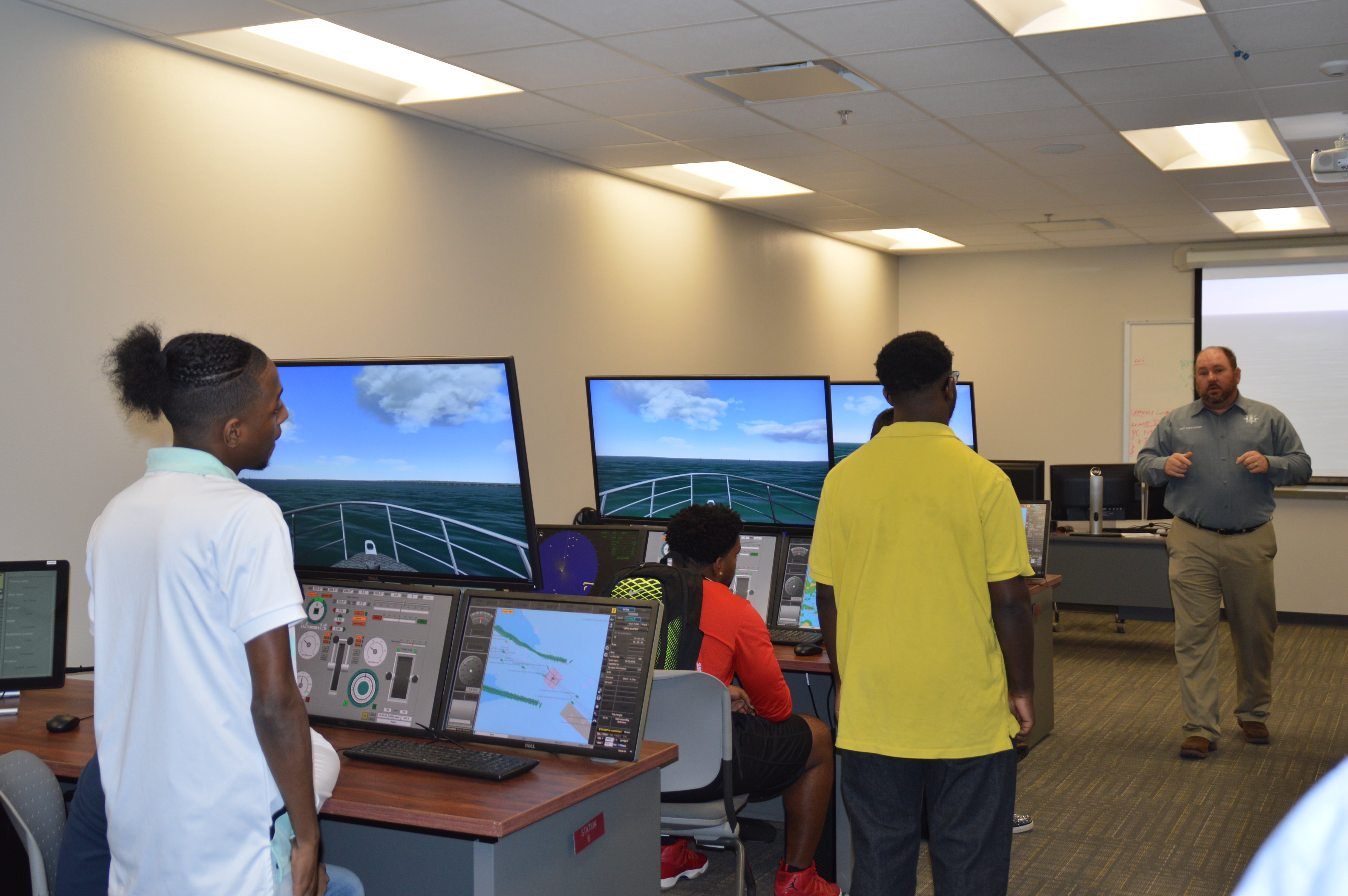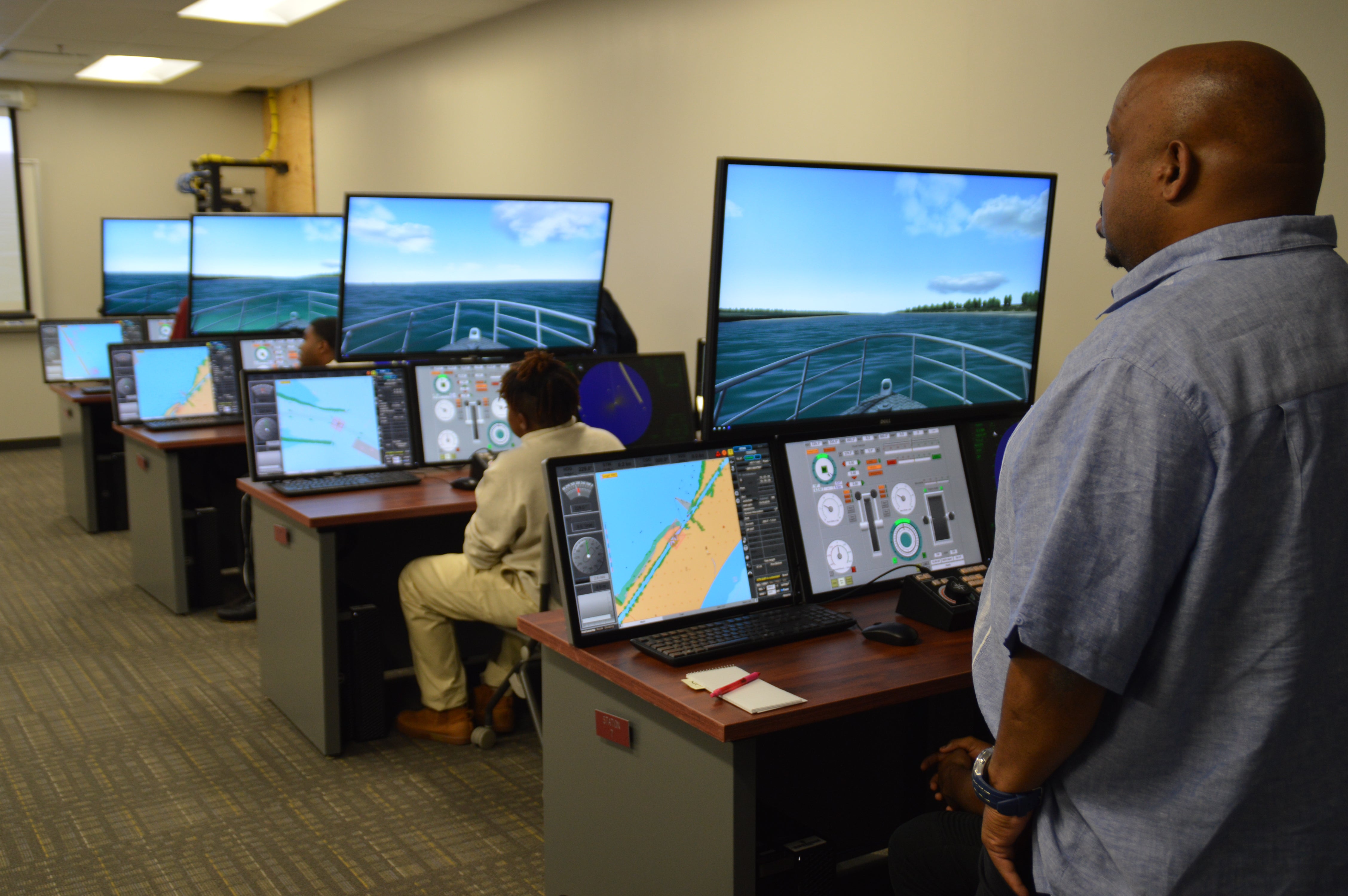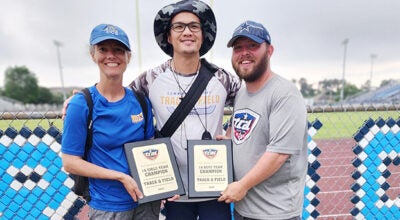LSCO expands, upgrades Maritime program
Published 7:42 pm Saturday, March 23, 2019
By Dawn Burleigh
The Orange Leader
From tugboats to full-size LNG ships, Lamar State College-Orange (LSCO) recently installed simulators which allow an individual to learn how to properly steer the waterways.
“The program provides us with all the U.S. ports,” Captain Chris M. Horner said. “This is the most advanced maritime simulator anywhere. It was installed week before last.”
Not only does the college offer the latest in simulation training needed for future employment on the waterways, but it will also offer a small engine repair class specializing in Yamaha motors.
“It will be the only Yamaha certified course between Florida and California,” Horner said. “The nearest one is in Arkansas.”
LSCO President Dr. Thomas Johnson added the course at LSCO will cost significantly less than the $20,000-$25,000 elsewhere.
“We are a Yamaha Dealer,” Horner said. “This allows us to use the system.”
The classroom is under construction now and classes are expected to begin this summer.
Johnson also provided a tour of another room under construction for the Maritime program.
“This will be our signature program,” Johnson said. “This room will be curved and you will feel like you are on the deck of the ship.”
From small engine repair to operating a ship on blue waters such as cruises or brown waters where the most piloting of a ship will be done, LSCO has it covered.
“Coast Guard requires continued education courses to stay in the wheelhouse,” Captain Chris M. Horner said. “This is a virtually integrated course. We use to have to use paper charts.”
Horner has been with the college since 2017 when he started consulting and was full-time by summer of 2017.
As part of the program, Horner has spoken with 28 Yamaha Dealerships and plans to speak to more.
As part of a dealer sponsorship program, a student will interview with a Yamaha Dealer which could lead to the student having a job the day he or she completes the course.
Graduates will be able to work anywhere on any vessel and not be restricted to tugboats.
The training standards are set by the International Maritime Organization and approved by the United States Coast Guard.
One reason to consider a career in maritime is less than one percent of the workforce is in their 20s. With over half of the workers, in 2019, close to retirement age, demand for qualified mariners is increasing.
Wages for a tug or barge deckhand working for in inland service can start at $100 -$125 per day. A Master/Captain for an inland service starts at $525 per day. Wages increase as more time is required offshore at a time.







